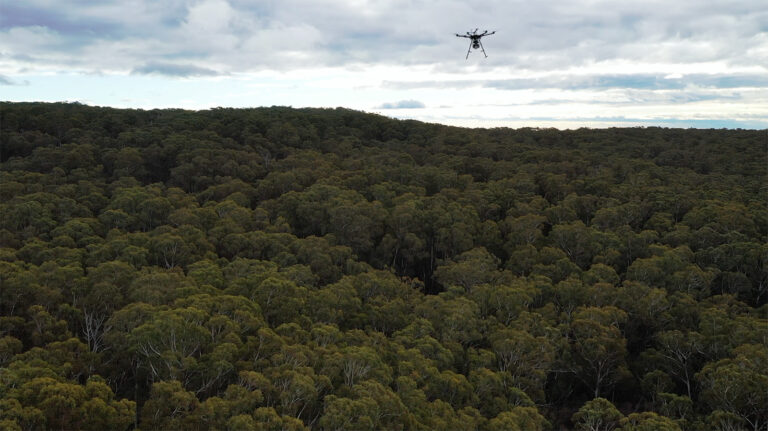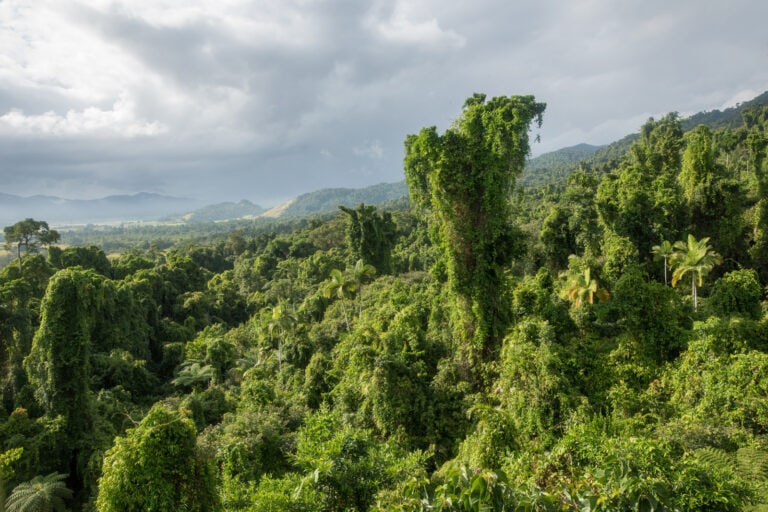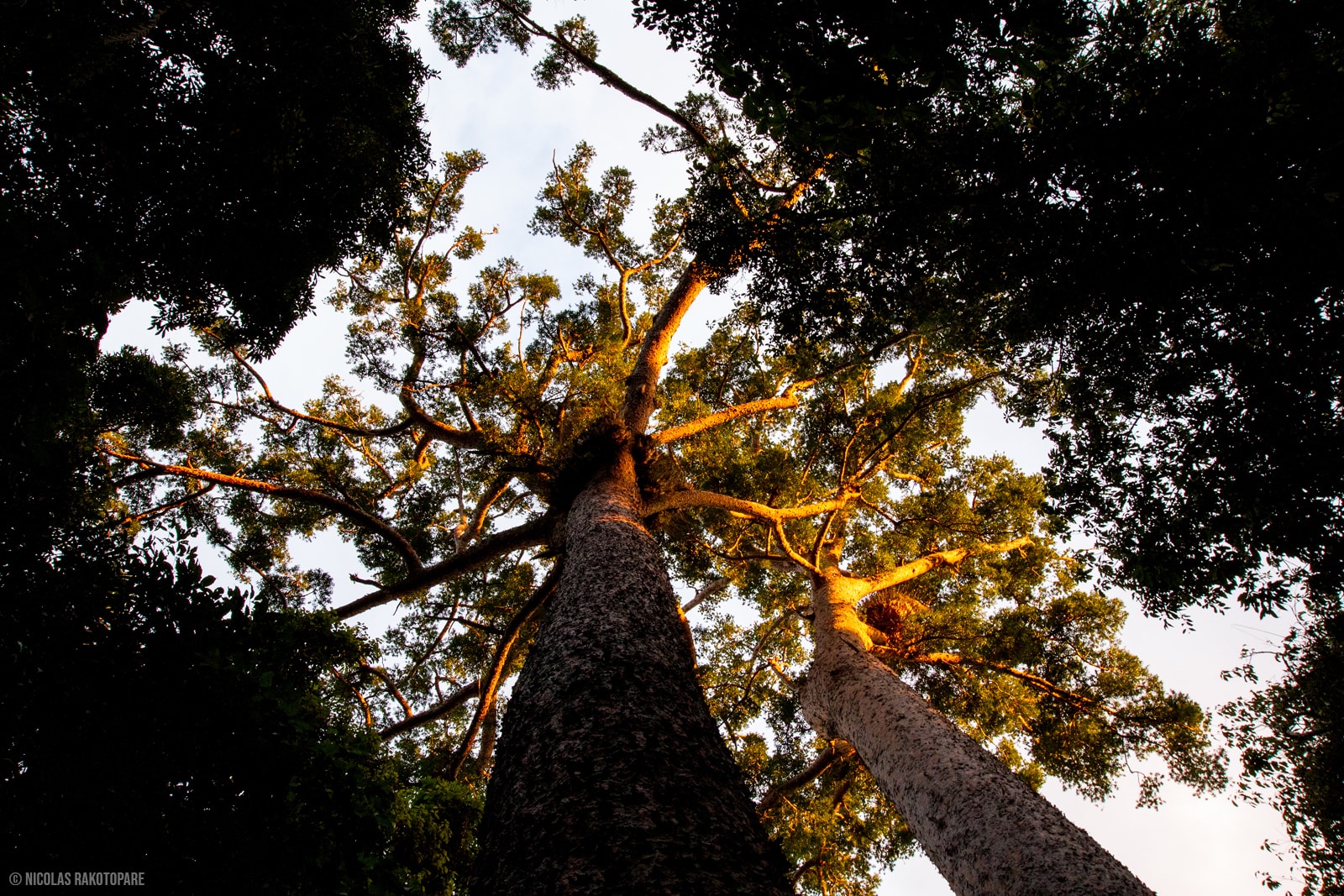How do you discover the known unknowns in relation to environmental data requirements for the state of Queensland? The TERN vegetation data synthesis challenge aimed to discover the missing pieces of this puzzle in workshops held in December 2022. Bringing together an expert panel of public servants, academics, student researchers, consultants and natural resource management experts, the workshops were an important step forward in identifying and bringing together these disparate sources of vegetation data.
A common bugbear of researchers, public servants, and consultants alike, is the inability to access already collected vegetation datasets that would enable them to answer critical environmental management or research questions using all relevant information and without wasting additional precious funds on laborious field work.
TERN, in collaboration with Queensland Government partners, identified a need to use TERN’s ability to bring together collaborators from interdisciplinary areas; alongside our potential to ingest and provide ease of access to disparate terrestrial ecosystem data sources in one place via the TERN data portal to help solve this problem. This led to the online hosting of the TERN Vegetation Data Synthesis Challenge workshops in December 2022. Driven by four key objectives the workshops aimed to:
- identify vegetation data sources for ingestion into TERN’s online data portal,
- determine research and environmental questions that need to be addressed,
- identify gaps in vegetation data that can meet user needs and aid in answering questions, and,
- identify current roadblocks and hurdles to data sharing.
Dr Eleanor Velasquez who facilitated the workshops stated, “I worked in the Queensland Government for around 10 years prior to embarking on my research career, and often had to make critical environmental policy or regulatory decisions without sufficient data. This is why I’m so passionate to facilitate these workshops for TERN and form partnerships that work towards bringing these data into an open and accessible place.”

Fifteen interdisciplinary participants from the Queensland government, local government, national research infrastructure, academia, research students, private consulting, and regional NRM groups formed an expert panel that met over a series of two one-hour online ‘brown paper bag’ lunch sessions, held across six time slots to accommodate the expert panel’s schedules. The overall aim of the challenge was to improve the ability of Queensland government partners and stakeholders to find and use vegetation data to make decisions based on previously undiscoverable information.
Environmental questions and data gaps identified during the workshops included a focus on vegetation height and Diameter at Breast Height (DBH) to aid the management of wet and dry sclerophyll forests and help understand their condition, thereby reducing field time. Another key gap was to have up-to-date ‘ground-truthed’ data on weed/exotic species extent which connected to remotely sensed data products. This would allow local governments to monitor weeds remotely and allow targeted field work in relation to their ongoing management. An understanding of how vegetation extent linked to condition was also highlighted, so that identification of old-growth and reference sites was made easier alongside the need to create standardised protocols for data collection.
Dr Teresa Eyre, a key government partner who is currently working on secondment for the consultancy Eco Logical Australia commented that the workshops were a great success and worked really well in the online format, being split up across short amounts of time. This allowed rich discussions and insights to be gained which may not have happened should the workshops have been run in one long session, with multiple participants.

Hurdles to data sharing identified during the workshops included a lack of understanding around data sharing agreements, time required to prepare data for sharing, and potential misuse of data or privacy issues around sensitive data.
Based on the workshops held with the expert panel, in conjunction with desk-top research, six key insights were synthesised. These insights will be utilised to establish and outline a vision for the future of vegetation data collection, storage, and utilisation in Queensland, including possibilities for practical transformations.
Overall, the workshops were a great success and provided valuable insights for TERN and the participating organisations. With further exploration of the data sources identified in the workshop, the project will make significant progress in addressing the issue of vegetation data in Queensland, improving the ability of end-users to access and use previously undiscoverable data to make informed decisions.
The workshops were carried out by NCRIS-enabled TERN with financial support from the Queensland Government’s Research Infrastructure Co-contribution Fund.







